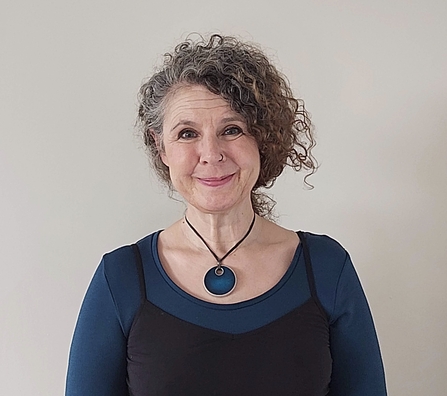
Kate Clayton-Hathway
(WB) Kate, what is your work background?
(KC-H) I’ve always been office-based, with an element of dealing with people from different backgrounds. I’ve got quite an analytical brain; I like to collect information and tidy it up! I used to work in finance and had done some tutoring as part of that role. So, I volunteered at some colleges, like Abingdon and Witney, helping adults with basic skills, and the colleges put you through a teaching certificate in return.

